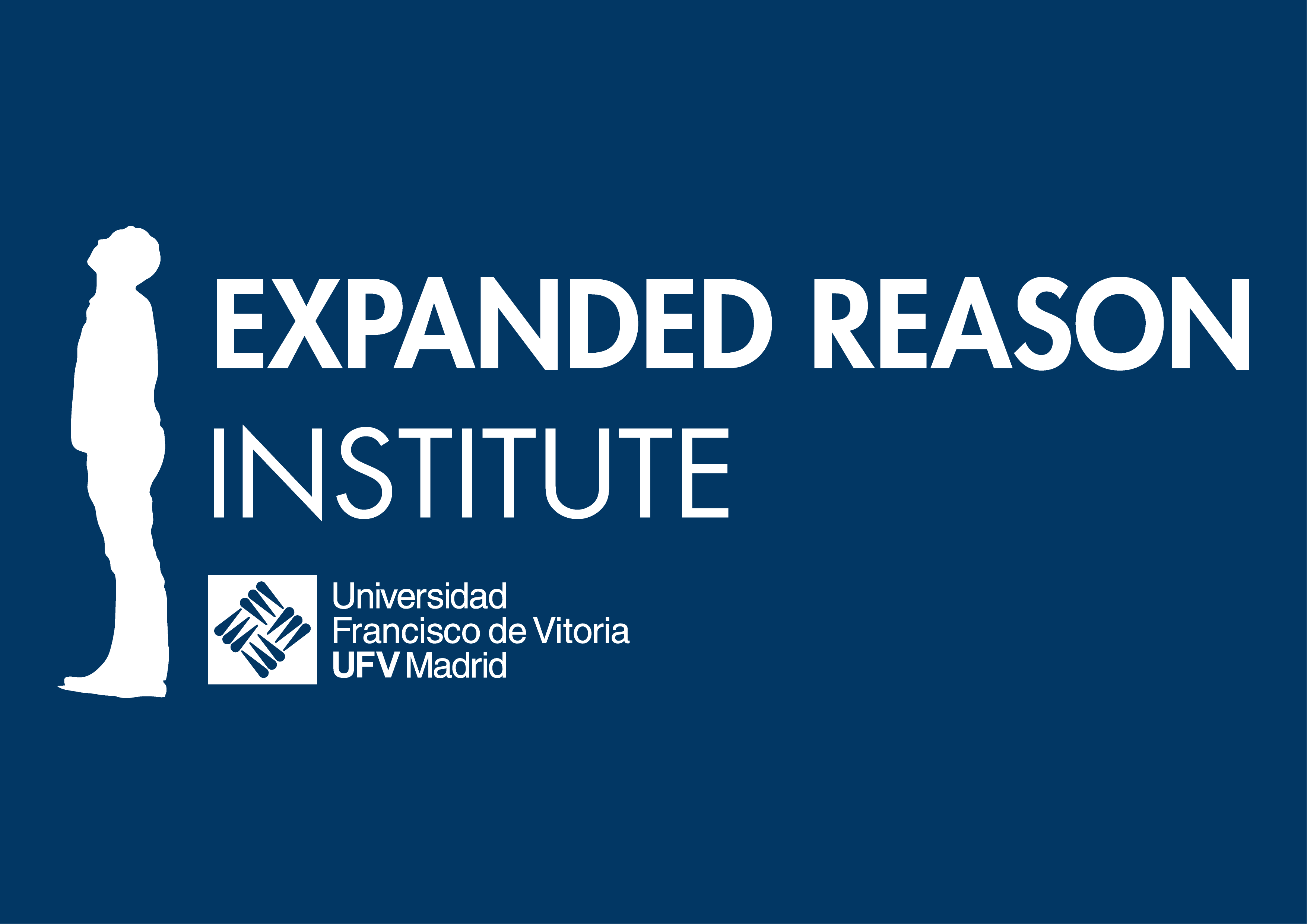The seminar Dialogue between Faith and Science in Education, now in its second year, is getting off to a strong start this year with a very clear purpose: to renew teachers’ holistic view of education. Verónica Fernández, one of the promoters of the seminar together with Jesús Alcalá, notes that, at present, on one hand, we explain science, which has something great to tell us, and, and on the other hand, religion, as if it contradicted or inhibited what science has to say. Thus, in the education of a person, a fragmentation is generated, and this can be seen in his own university classes where he finds students talking about the creation of Adam and Eve, on the one hand, and Darwin’s theory of evolution, on the other.
https://www.youtube.com/watch?v=IzDDzKcc_SE
The seminar seeks dialogue between faith and science, but not only, it also aims to incorporate this reflection into the subjects of science and religion of ESO and Bachillerato, as well as to establish a network of teachers and centers that can share the results. To this end, working tables, conferences, dynamics, workshops and various forms of interaction will be organized to consolidate the fruits of the meeting, which can be followed online from January once a month and from June onwards in person.
In the binomial faith and science, the idea arises as to whether one of these disciplines needs the other more. For example, the philosopher of political theory Frederick Wilhelmsen said that science without metaphysics is incapable of good, or the German Hannah Arendt in her “Human Condition” warned of the dangers of a man dominated by “know how” who makes many advances with his technology, but thinks worse and worse.
Verónica Fernández tackles the question by assuring that there is no confrontation between the two, but rather we must not lose sight of who the person is, who has a transcendent part, but also possesses an intelligence and a capacity to access this search for truth: “One is not more than the other, there is no struggle, we must see how the two are integrated and one illuminates the other”. And he adds: “Science makes you see how capable the person is of advancing in knowledge and faith has much to contribute to all this, since this advance is not only to show that the human being can do everything, but that there are limits, why so much technology, is technology at the service of the person or the person at the service of technology? The seminar wants to show that there is no science-faith conflict, but that there comes a time when reason is limited and it becomes necessary to accept what faith adds”.
What would be the diagnosis of the current state of this situation? Veronica assures that there is no relationship, that it is totally fragmented, science goes its own way and religion also takes a step back.
Again, she recalls when her students tell her that at home they are forced to believe, but they wonder if they come from the monkey: “There is no unity of thought, today’s young people are disintegrated and it is necessary to introduce them to a reality that is not only tangible, in harmony with the tangible”.
It is also due to a problem of ignorance: “It is necessary to spread what is true, what is there and verifiable. The men who preceded us had a God without a world, but those of today have a world without God”. In the words of UFV professor Juan Jesús Álvarez, the truth is symphonic and it is necessary to look for all its faces to complete it.


No comment